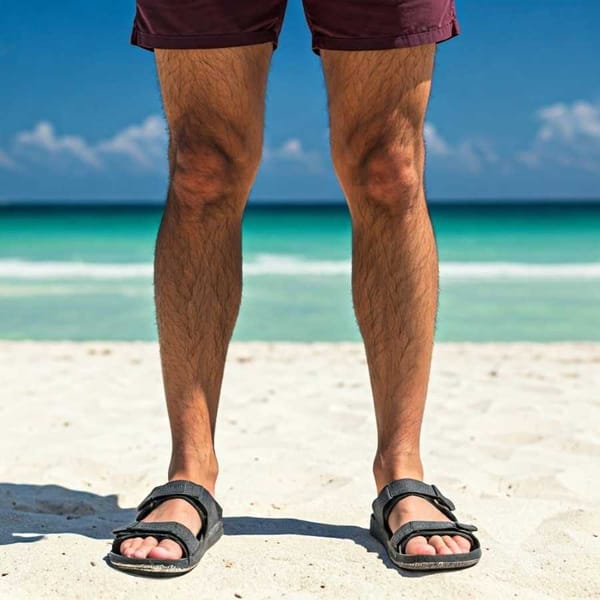How do I start taking care of my health and eating better?
But then how much weight should I lose if I started exercising or dieting? It is suggested to lose between 500 grams and one kilo per week.

Overweight and obesity are conditions of high incidence in Mexico, which predispose the population to serious diseases such as diabetes mellitus, hypertension, metabolic syndrome, and some types of cancer. It is estimated that 7 out of 10 Mexican adults live overweight or obese. But what is the difference between one condition and the other?
The World Health Organization (WHO) uses the Body Mass Index (BMI) as the basis for diagnosing overweight and obesity. The BMI is a ratio between our height and our weight, which is calculated by dividing the weight in kilograms by the height in meters, multiplied by itself. In other words: BMI = (weight/height2); in this sense, if the BMI is equal to or higher than 25, it is considered overweight, and when it is higher than 30, it is considered obese.
It is essential to take into account that BMI does not consider important factors such as body composition or complexion; it is simply a simple and quick tool for health assessment. A person may have a BMI that indicates overweight, but upon further evaluation, we may discover that this "excess weight" is muscle mass. Someone could also have a "healthy" BMI and have excessive fat accumulation. This is why it is important not to focus only on weight as an indicator of health or malnutrition.
What other factors should I consider?
Percentage of body fat;
Percentage of visceral fat;
Percentage of muscle mass;
Blood glucose, cholesterol, and triglyceride levels;
Blood pressure values;
Body fat distribution;
Digestive system health;
Liver and kidney health.
Other factors depend on the individual and their circumstances
Fat and muscle percentages can be calculated in a variety of ways, such as a bioimpedance scale. Glucose, cholesterol, triglycerides, and other markers can be obtained with blood biometry, while the health of our digestive system, kidneys, and liver can be evaluated with specific blood, stool, and urine tests.
Isn't weight important?
Yes, it is! Our bones are made to support maximum weight, as are our organs, which function better in the absence of obesity. However, it is common for us to get frustrated when we start a diet or eating plan and don't see the numbers on the scale go down when there are other factors to take into account such as:
Loss of clothing sizes;
Decrease in waist circumference;
Greater energy and attention in daily life;
Improvement in the appearance of our hair, skin, and nails;
Improved sleep habits;
Decreased joint pain;
Better digestion.
But then how much weight should I lose if I started exercising or dieting? It is suggested to lose between 500 grams and one kilo per week. Another way to measure our progress would be to lose between 5 and 10% of our total starting weight. Losing weight in an accelerated manner can be risky, and difficult and make it easy for the lost weight to be regained quickly when we return to our previous habits. If we lose weight within the healthy range, but we begin to lose muscle mass, then we are not eating a proper diet and we are losing weight without nourishing ourselves or taking care of our health.
How do I start taking care of my health and eating better?
Drink enough natural water (approximately 2 liters per day);
Avoid sugary drinks and soft drinks;
Reduce the amount of oil or butter you use for cooking;
Include vegetables in the dishes you usually eat;
Do physical activity at least 4 days a week (45 min to 1 hour daily);
Try to sleep between 6 and 8 hours a day;
Do not fast for long periods;
Avoid monotony in food choices;
If you consume dairy products, choose those reduced in fat;
Try to choose whole foods;
Create more colorful dishes with a variety of fruits and vegetables;
Avoid eating in a hurry or front of the TV;
Organize your routine so that you have quality time for yourself;
Make sure your plates have a proper distribution (similar to the image below);
Consume foods rich in probiotics and prebiotics;
Avoid "skipping" meals.




